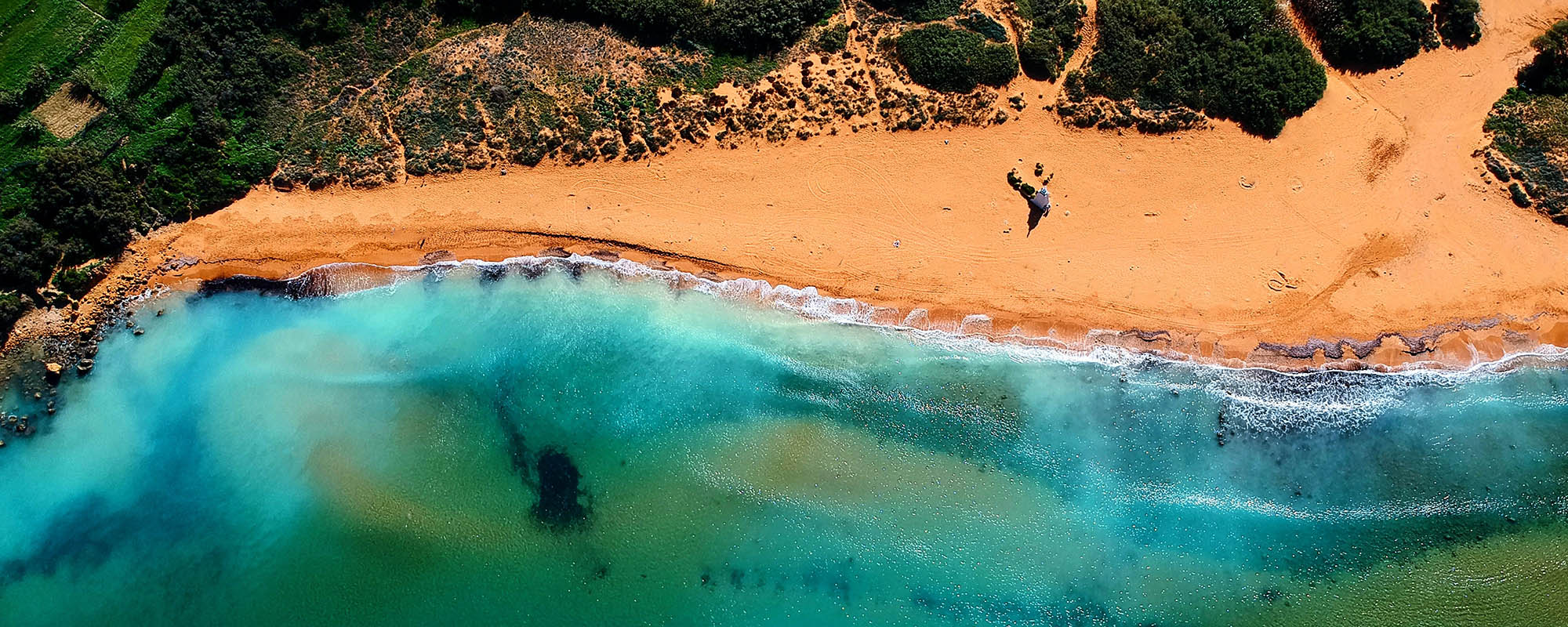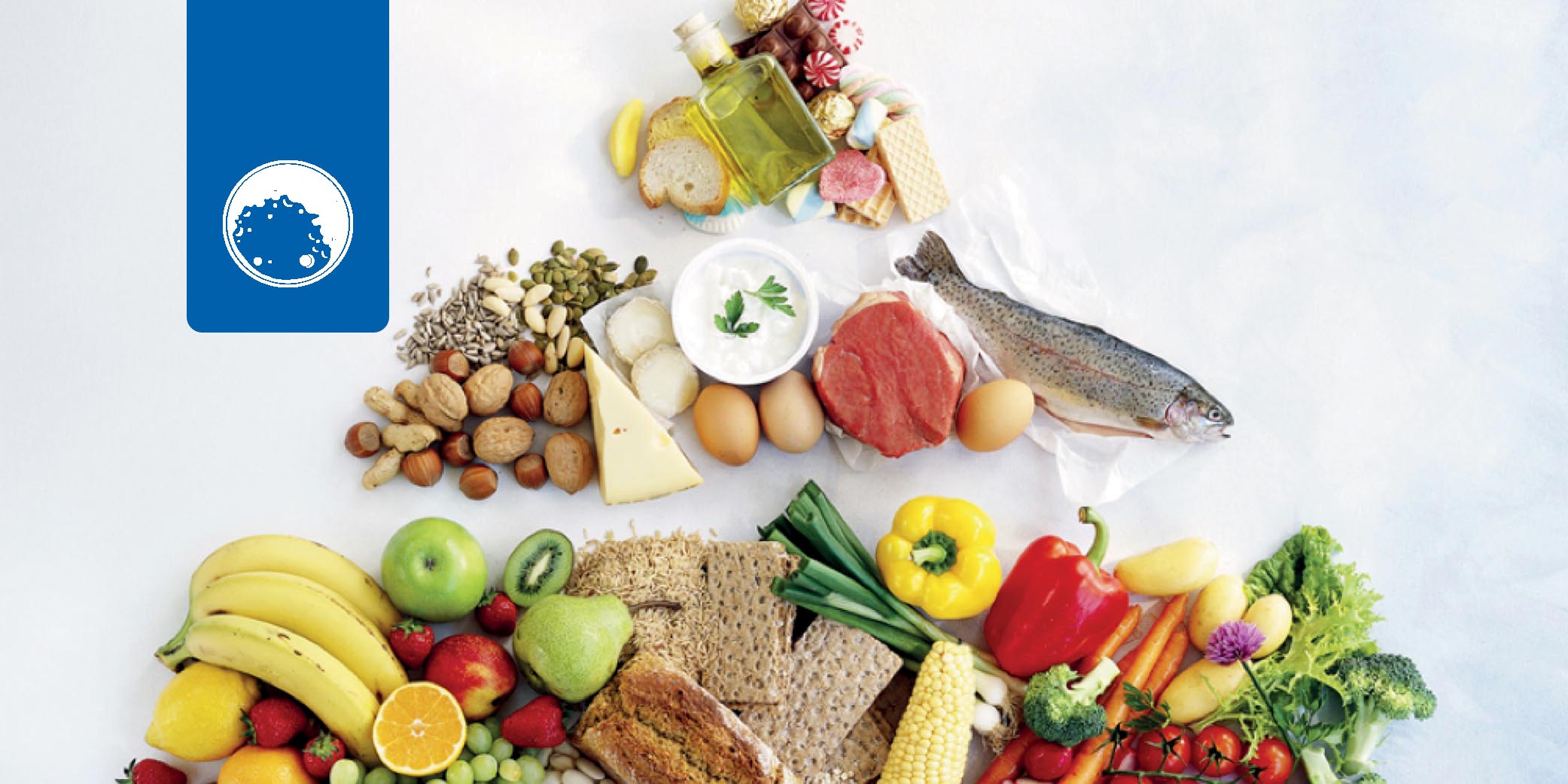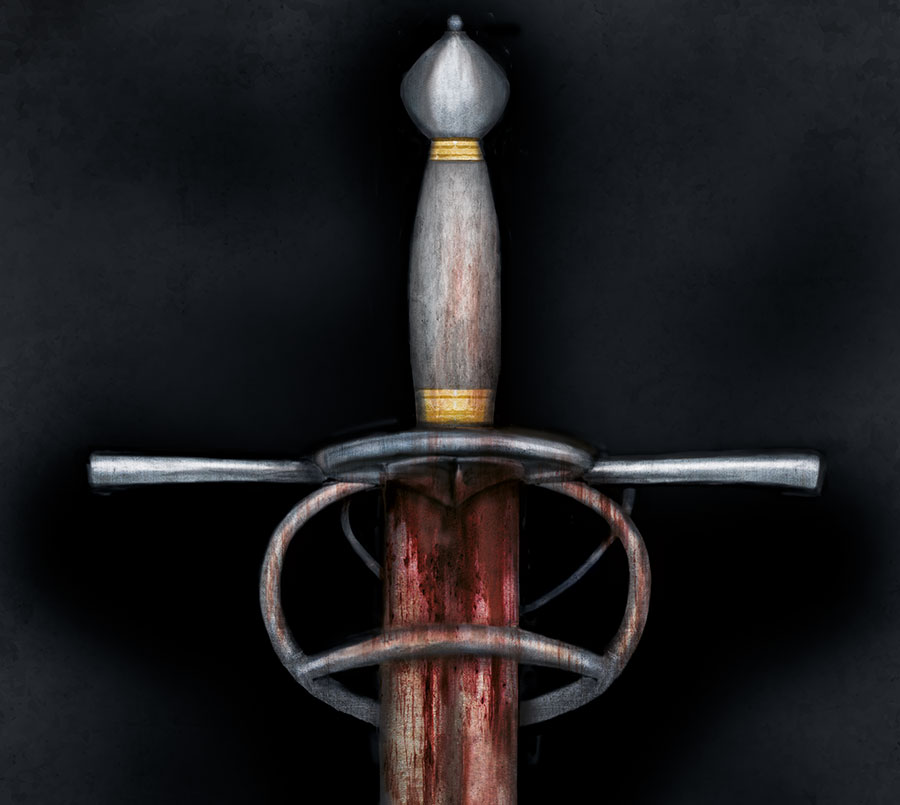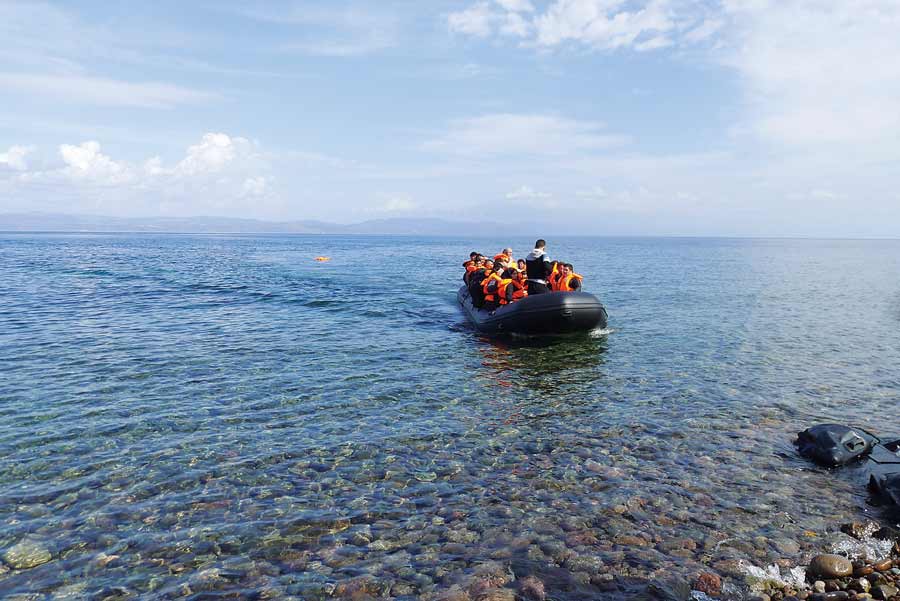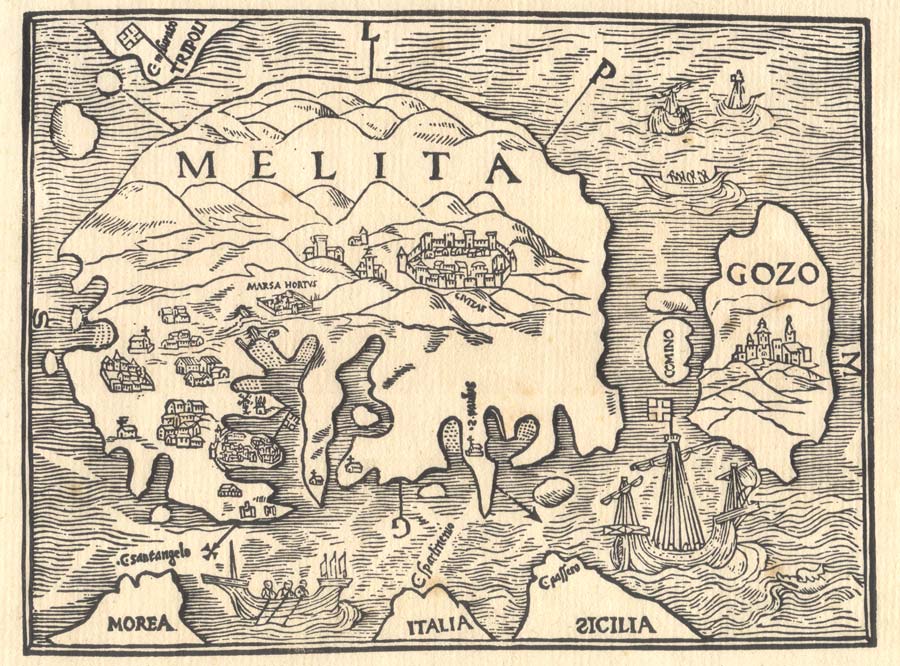The University Maritime Platform (UMP) serves as a platform bringing experts from various backgrounds together to work on marine and maritime issues. This year, UMP is organising an international conference to foreground and discuss such concerns.
Continue readingEat your way to a healthy life
With growing evidence showing that our eating habits affect not only our waistline, but our physical and mental health, should we all be turning to the Mediterranean diet to live longer, healthier lives? Prof. Giuseppe Di Giovanni, Prof. Christian Scerri, and Dr Paulino Schembri write.
Continue readingAn eye on the sea
Continuous measurement and analysis of marine conditions in real time is allowing local users to better understand the short and long-term implications of the changing sea. Prof. Aldo Drago writes.
University Maritime Platform: Connecting Professionals
The University Maritime Platform, a dedicated space for all those interested in the sea and the work happening around it. Prof. Claire De Marco writes.
Glider South: Exploring the sea south of Malta
To map pristine areas in the Mediterranean, CAMPE is going where no glider has gone before. Prof. Aldo Drago writes.
Once upon a time we had sharks
Human beings may be adversely affecting biodiversity, but can we be a help as well as a hindrance? Greg Nowell writes.
Marine life once thrived in the waters surrounding the Maltese islands, sharks included. But that is no longer the reality we see today. So, what happened? Where have all the fish gone? How can we bring them back?
Stuck in the middle with the fumes
Since the 1960s heavy fuel oil (HFO) has reigned supreme as the king of maritime fuels. It was efficient and cheap; its use spread far and wide. International shipping boomed on its success. Even today, this industry handles 90% of the world’s trade volume. For many, HFO is the lifeblood of the maritime shipping industry. But it has a dark side…
1565 – Was it that great?
A historical discovery does not always equal the unearthing of new documents or artefacts. Sometimes it’s about re-evaluating what we already know. Prof. Victor Mallia-Milanes tells Tuovi Mäkipere more.
From Immigrants to Theology
Over 1.82 million migrants entered the EU in 2015 and this has triggered much dialogue across member states. In May 2015, the Archbishop of Malta, H.G. Mons Charles J. Scicluna, after the Vatican announcement of the Year of Mercy, reached out to the academic community to reflect on the immigrant phenomenon. This call set in motion The Mercy Project, which aims to create a set of reflections and recommendations around immigration.
The project has four stages. It first reflected on the issues of mercy and immigration within the Maltese context. During this stage, staff members from various University of Malta (UoM) faculties explored the local situation, reflecting on the terminology used, prevailing concepts and current practices. This was followed by a second stage. Academics held meetings to discuss various viewpoints and realities around migration. Those involved included members from the Faculties of Theology, Arts, Social Wellbeing, Laws, Education, and Health. At the third stage, a symposium on ‘Mercy and the Immigrant’ was held on 6 June 2016. The symposium brought together interested parties and agency representatives to reflect on the issue. This provided a platform for a dialogue between theologians and society. Rev. Dr René Micallef S.J. (Gregorian University in Rome) spoke about the mercy, justice, and policies needed to be considered by Malta and the rest of the EU.
The final forth step is underway. A publication of the project’s position papers is being prepared. This will make available to various sectors of the public some of the philosophical, social, legal, educational, and theological ideas which surfaced during the project’s dialogues and consultations. It will provide concrete recommendations for the University of Malta, State, and the Church.

